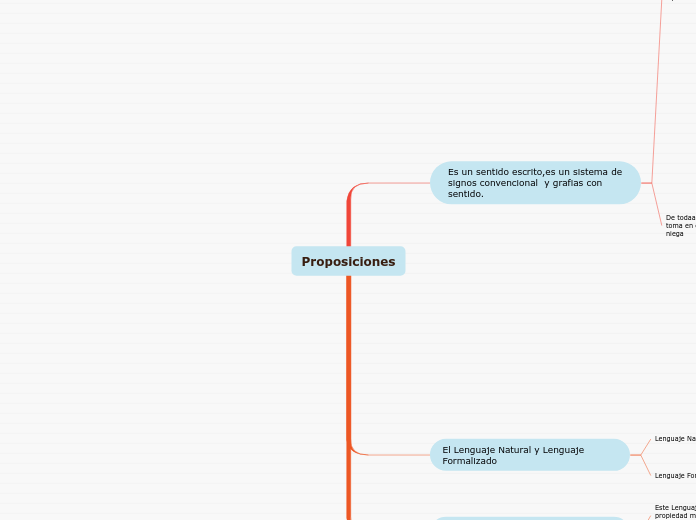によって Theresa Rodriguez 5年前.
447
Proposiciones

によって Theresa Rodriguez 5年前.
447

もっと見る

To name your story, you have to think about the overall message and what you want your audience to understand from the story. Also, make it relevant and easy to remember.
The ending of a story is essential. We all know that if the ending is weak, what happened before loses its importance. So make it unpredictable, but fair. A resolved ending answers all the questions and ties up any loose threads from the plot.
This is the moment when the main character surpasses the last obstacle and finally faces their greatest challenge.
The climax usually follows one of these patterns:
Type in your answer.
The middle of the story is where you add layers of complications that will lead to the end. Reveal more about the character's journey. Did their personality go through changes? How did they overcome the challenges? And as you build up the story’s central conflict, make it more personal to that character. Also, from the middle act, you have to lead into the final act.
There wouldn't be any tension and excitement in your story if there weren't any obstacles in your character's way.
A story is nothing more than a character overcoming a series of difficulties to reach the desired goal. Obstacles usually create suspense and conflict. In overcoming obstacles, there is growth: weak becomes strong; hatred turns into love; sadness into happiness; wrong into right; lies into truth; or evil becomes good.
See a few examples below:
Each story has a main character and that character usually needs to solve a problem or challenge. The character's challenge is the one that creates tension throughout the story.
In most stories, there are 3 challenges. The number 3 is a mystical number symbolizing completeness. Try to come up with interesting challenges with which your character needs to struggle.
See a few examples below:
In the beginning of the story (or the exposition), you will need to introduce the setting and characters. You might also want to introduce the main conflict. This part of the story is important because it gives the reader necessary background information and maybe even a first insight into a character’s personality.
The setting (time & place) of a story can change throughout the plot.
Sensory details include sight, sound, touch, smell, and taste. These details are important because they create depth in your setting.
See a few examples below:
Ejemplo:Cervantes escribio el Quijote y Julio Cesar fue emperador Romano
Las proposiciones se clasifican en
Conjuntivas (conjunciones): y Disyuntivas(Disyuncion): o Condicional(condicional): si... entonces Bicondicional:si y solo si Negativa(negacion):no
llevan conjunciones no
Las propsociones condicionales llevan a la conjuncion condicional compuesta si... entonces o sus expresiones equivalentes si, siempre,que, con tal que, puesto que, ya que, porque,cuando, de, a menos que , a no ser que, etc.
Bicondicionales llevan la conjuncion compuesta: si y solo si, o sus expresiones equivalentes como: cuando y solo cuando, si... entonces y solo entonces
Disyuntivas llevan o y sus expresiones equivalentes como: u,ya...ya, bien...bien,ora...ora sea...sea, o
Conjuntivas estas llevan la conjuncion copulativas y o sus expresiones equivalentes como : e, pero, aunque, aun, cuando, tanto... como, sino, sin embargo, ademas
Las propsiciones Moleculares contienen alguna proposicion gramatical tipica o conectiva o el adverbio no
The time of the story can also change. It can describe the event of a single day or can include an entire year's plot. Anyway, don't forget to mention it.
Ejemplo: Cervantes escribio el Quijote
Las proposiciones atomicas pueden clasificarse en predictivas y relacionales:
Relacionales: de dos o mas sujetos entre si
Predictivos: Consta de un sujeto y un predicado
Las proposiciones atomicas carecen de conjunciones gramaticales tipicas o conectivas (y, o, si,.... enton ces , si y solo si, no
Your story can take place wherever your imagination will take you to.
For example: in an elevator, in an enchanted forest, etc. Don't forget to give details of the environment each time the setting changes, otherwise, the story can be confusing. Also, mention the seasons as each of them has unique weather and events.
moleculares
compuestas
atomicas
simples
Characters are essential to a good story. Usually, the protagonist(s) is/are the most affected by the plot. Introduce a character by focusing on their actions, interests, and occupation, as the physical appearance doesn't make a difference in most cases.
Type in the name of your character.
Imperativa-exhortacion y mandato
Add other properties of the character.
Admirativas-Sopresa o admiracion
Add other qualities/attributes of the character.
Interrogativa-Formular pregunta
What is your character's main goal?
Desiderativas-Expresar deseo
Which traits best describe the character's personality? Choose more if necessary:
Aseverativas-afirmar o negar
Choose the type of your chacter: